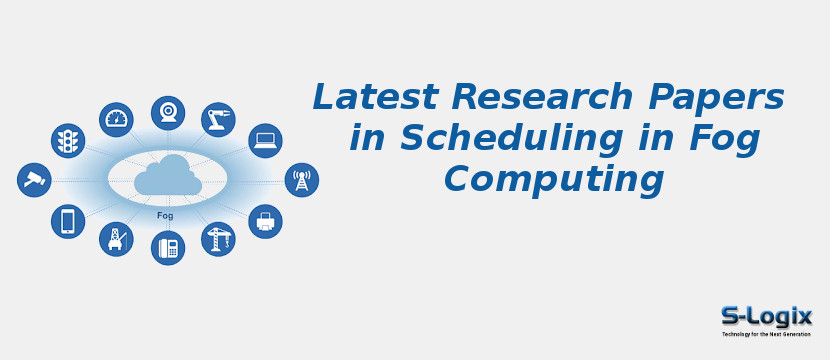Scheduling in fog computing is a crucial research area that focuses on efficiently assigning computational tasks to fog nodes, edge devices, and cloud resources to optimize latency, resource utilization, energy consumption, and Quality of Service (QoS). Research papers in this domain explore static, dynamic, and adaptive scheduling strategies that consider heterogeneous device capabilities, fluctuating workloads, network conditions, and application-specific requirements. Studies highlight heuristic algorithms, metaheuristic approaches, optimization models, and machine learning techniques—including reinforcement learning and deep learning—for intelligent and context-aware task scheduling in fog environments. Recent works also investigate multi-tier fog–edge–cloud architectures to improve scalability, fault tolerance, and service continuity. Security- and privacy-aware scheduling mechanisms are increasingly integrated to ensure sensitive data is protected during task execution and migration. Applications include smart healthcare, autonomous vehicles, industrial IoT, smart cities, and real-time multimedia services, where low-latency and reliable execution is critical. Overall, research in scheduling for fog computing enables adaptive, efficient, and secure management of distributed workloads, ensuring high performance, energy efficiency, and resilience in dynamic fog computing ecosystems.
